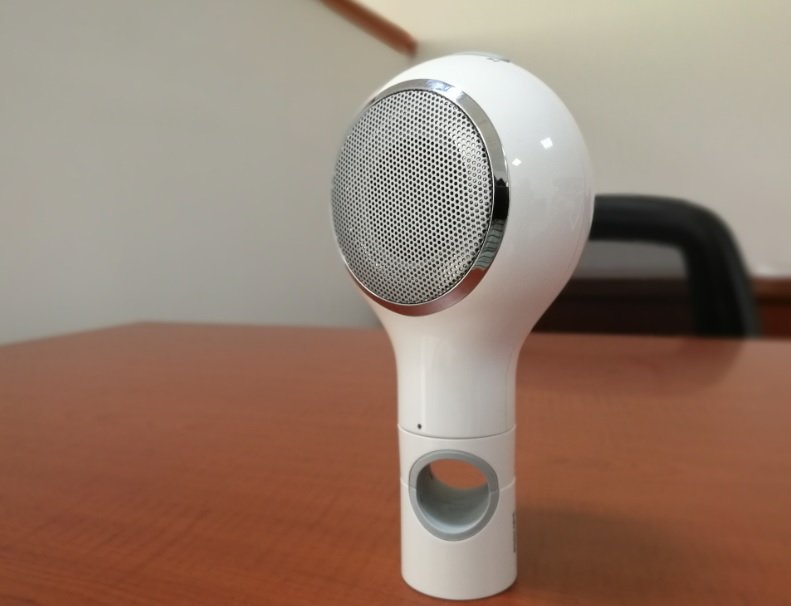Qualcomm forced Apple to use its chips exclusively in return for lower licensing fees, unfairly cutting out competitors, the U.S. said in a lawsuit against the biggest maker of mobile phone chips. Qualcomm’s exclusive deal with Apple was detailed in a Federal Trade Commission lawsuit accusing the chipmaker of illegally maintaining a monopoly for semiconductors used in mobile phones and pocketing elevated royalties from customers.
“Qualcomm recognized that any competitor that won Apple’s business would become stronger, and used exclusivity to prevent Apple from working with and improving the effectiveness of Qualcomm’s competitors,” the FTC said in the lawsuit filed Tuesday.
The lawsuit presents yet another regulatory challenge to Qualcomm’s most lucrative business, technology licensing. The chipmaker gets most of its profits from selling the rights to use patents that are essential to all modern mobile phone systems. Qualcomm has argued that its licensing follows industry standards that have been in place for more than 20 years and are used by other companies.
Last month, South Korea, home to two of Qualcomm’s largest customers, fined the San Diego-based company 1.03 trillion won ($890 million) and described its practices as monopolistic. Qualcomm has said it would appeal that decision. The chipmaker is also the subject of investigations by the European Union and Taiwanese authorities.
Qualcomm said in a statement that it would fight the FTC’s complaint, which it said is based on flawed legal theory and seeks to advance the interests and bargaining power of mobile-phone manufacturers. “This is an extremely disappointing decision to rush to file a complaint on the eve of Chairwoman Ramirez’s departure and the transition to a new administration, which reflects a sharp break from FTC practice,” said Qualcomm General Counsel Don Rosenberg.
Qualcomm is the biggest developer of the technology that underlies how mobile devices communicate. The company has been heavily criticized for its high royalty-rate demands and licensing conditions, which have led to a slew of regulatory investigations worldwide.
The chipmaker has argued that the beneficiaries of regulatory action — phone-makers — have struck new deals that acknowledge the validity of Qualcomm’s patents. The company contends users of its technology benefit from its heavy spending on research and development.
The crux of the FTC’s case against Qualcomm is the claim that it offered Apple rebates on licensing fees in return for it exclusively using Qualcomm modem chips in the iPhone from 2011 to 2016. Citing agreements between the two companies, the FTC said in its complaint that Qualcomm intended to create “de facto exclusive deals that were as effective as express purchase requirements and that effectively foreclosed Qualcomm’s competitors from gaining processor business at Apple.”








